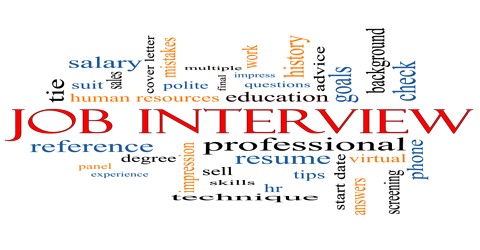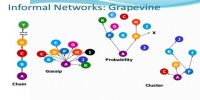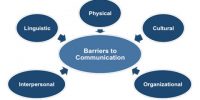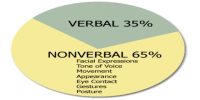Types of Employment Interview
Although employment interview is intended to select the best-suited candidate from among the applicants, it can take different shapes or forms.
Structured Interview or Directive Interview: When an interview concentrates on a predetermined set of questions with acceptable responses, it is called a structured interview. It is also called directive, planned, guided, or patterned interview. In this interview, the interviewer has the clues and guidelines to the areas that should be examined deeply. Therefore, a list of questions is prepared based on an analysis of job specification. In this interview, interviewees for the same job are asked similar questions. Finally, answers to those questions are rated to select the suitable candidate.
Unstructured Interview or Nondirective Interview: An unstructured interview is that type of interview in which there is no set format or sequence of questions. Since there is no specific direction of questions, it is also called nondirective interview. In this interview, the interviewers ask questions whatever come in their mind. Generally, a subsequent question is asked based on the answer or response of the previous question. Thus, interviewees for the same job may or may not be asked similar questions.
Mixed Interview: Mixed interviews are the mixture or combination of structured and unstructured interview. In other words, when an interview combines the features of structured interview and unstructured interview, is called mixed interview. In this case, some structured questions are asked to compare the level of knowledge of the candidates. At the same time some, unstructured questions are asked to make the interview more conservational and to gain an insight into the intellectual capability of individual candidates.
Depth Interview: Depth interview is one that covers the complete life history of the applicant. It generally focuses on the candidate’s work experience, academic qualifications, health, interests and hobbies. It is an excellent method of selecting top-level executive and administrative people. It is relatively expensive and time consuming method of interviewing.
Behavioral interview: In behavioral interviewing, the candidates are provided with some problems at hypothetical situations and are asked to solve them. Based on their responses, their knowledge and qualifies are evaluated. The purpose of this interview is to judge the analytical capability of the candidate.
Stress Interview: Stress interview is a special type of interview in which the applicant is asked a series of unpleasant and unexpected questions. Sometimes questions are asked attacking the weakness of the applicant. The purpose of stress interview is to evaluate the responsive capacity and tolerance of the applicant under pressure. For example, applicants for police work are sometimes put through a stress interview to see how they might react to problems they encounter in the streets.















